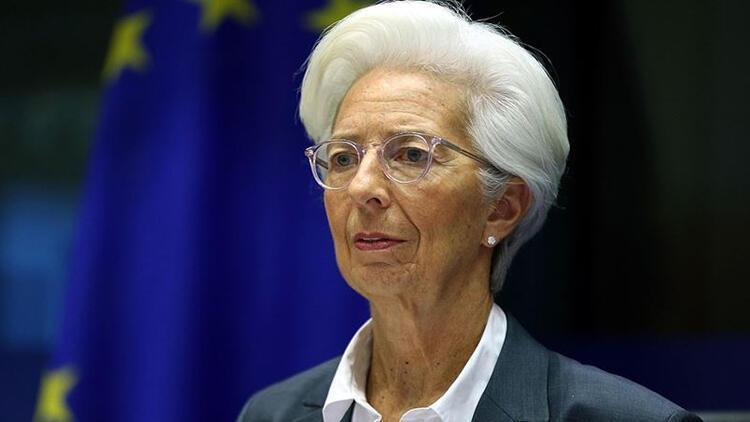
The European Central Bank will take its time to assess new data before tightening its monetary policy any faster, its president said on Feb. 7, amid fierce speculation that the bank would raise rates sooner than previously expected.
“There is no need to rush to any premature conclusion at this point in time,” Christine Lagarde told a European Parliament committee, with the bank under pressure from soaring inflation in the eurozone.
The pace of price rises in the bloc unexpectedly rose to 5.1 percent in January, the highest since records for the currency club began in 1997, having sat at 5 percent in December.
Markets have been uneasy since U.S. Federal Reserve officials have said plans to withdraw record-low interest rates and other stimulus would be accelerated to cool inflation that is at multi-decade highs.
Investors expect the ECB to adopt a more hawkish policy for the euro at its March meeting after its board said last week that inflation risks were rising. Lagarde tried on Feb. 7 to dampen talk of rate hikes, saying any change “will be very gradual.”
At the end of a meeting of the ECB’s governing council on Feb. 3, Lagarde failed to repeat a previous assessment that a rate hike was “very unlikely” in 2022.
Instead, the ECB’s decision would be “data-dependant” and would follow the bank’s plan to end asset purchases before hiking rates, Lagarde said.
The ECB last week also confirmed its decision to follow a “step-by-step” reduction in bond buys over the course of the year
Her response sent waves through financial markets, pushing up yields on government debt in the eurozone and bringing forward expectations that the ECB would quickly raise interest rates.
The ECB president also underlined that the countries in the eurozone “do not show the same signs of overheating that can be observed in other major economies,” nodding to the United States and Britain where central bankers have moved to sharply tighten monetary policy.